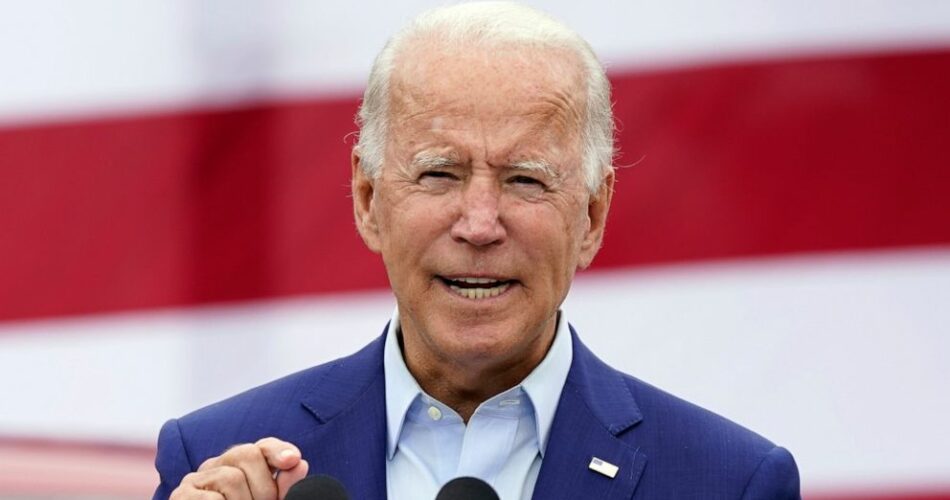Biden’s Former White House Doctor Refuses to Answer Questions in House Deposition
Dr. Kevin O’Connor, who served as President Biden’s White House physician, declined to answer questions during a closed-door deposition with the House Oversight and Government Reform Committee on Wednesday, citing physician-patient confidentiality and his constitutional right against self-incrimination.
According to a statement from his legal team, O’Connor asserted both the physician-patient privilege and the Fifth Amendment during the deposition. His attorneys said he was acting on their advice in order to protect legally recognized confidentiality between a doctor and patient.
“On the advice of his legal counsel, Dr. O’Connor refused to answer questions that invaded the well-established legal privilege that protects confidential matters between physicians and their patients,” the statement read. “His assertion of his right under the Fifth Amendment to decline to answer questions, also on the advice of his lawyers, was made necessary by the unique circumstances of this deposition.”
The deposition was compelled by a subpoena issued last month by House Oversight Committee Chair James Comer (R-Ky.), as part of an investigation into former President Biden’s mental fitness while in office and the use of his “autopen” signature on official documents.
Comer defended the inquiry, stating, “The president is the most powerful person in the world. The American people have a right to know the health condition of the president, both physical and mental.”
He also questioned the legitimacy of O’Connor invoking doctor-patient privilege in this case. “I don’t believe that he can hide behind doctor-patient confidentiality because this is the president of the United States, and people expect the White House physician to be truthful and transparent about the president’s health,” Comer said.
O’Connor’s legal team had previously requested a delay in the deposition over the weekend, arguing that the committee had not agreed to any limits on the scope of the questioning, and that testifying would jeopardize privileged information. Despite the objections, the committee moved forward with the deposition, which concluded with O’Connor refusing to answer most questions posed by investigators.


